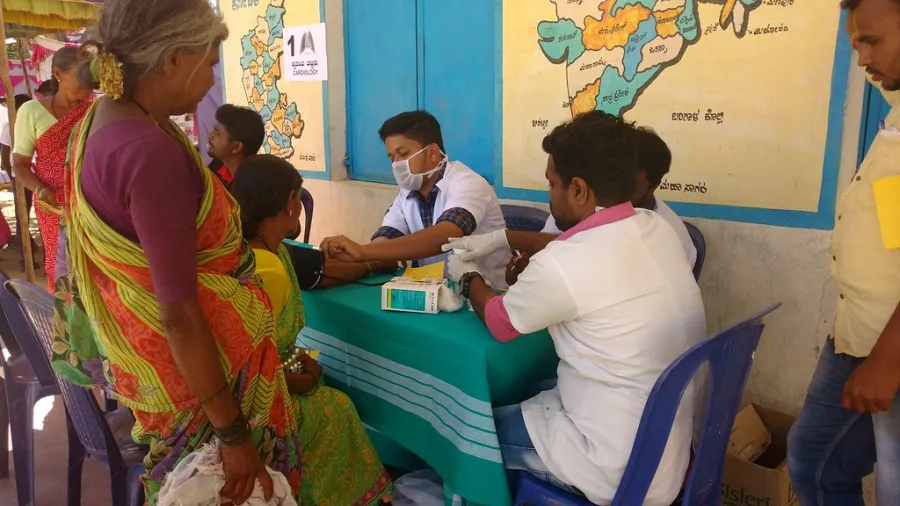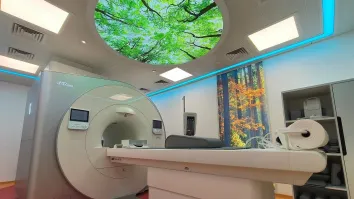
India needs to allocate 3.5% GDP in public health spending: FICCI-KPMG report
Currently, the Union Budget 2021-2022 allocates 1.2% of GDP to public health.
The Federation of Indian Chambers of Commerce and Industry (FICCI) and KPMG India released a report called COVID-19 Induced Healthcare Transformation in India on 21 October.
The report listed six thematic areas that require immediate deliberation and gives actionable recommendations, given the need for investment in enhancing health outcomes and a strategic diversion of funds towards sustaining these outcomes.
As per the Union Budget 2021-2022, the total public health sector allocation stood at 1.2% of the gross domestic product (GDP). According to the report, there is a need to increase public health spending by 2.5% to 3.5% to support healthcare transformation.
KPMG India Healthcare Sector co-head said, "The pandemic has transformed the way the government and private players are planning to bring change in the healthcare system. Success would now lie in how they will implement new initiatives. It will be important to shift the focus towards the quality of implementation of the new programmes and schemes, as well as on fostering convergence across health programs."
The report also underlines a strategic way forward for a more rounded approach to ensuring pandemic preparedness and health systems strengthening - from the importance of leveraging the private sector as a partner in healthcare to embedding digital health as a core component of the health landscape.



















 Advertise
Advertise







